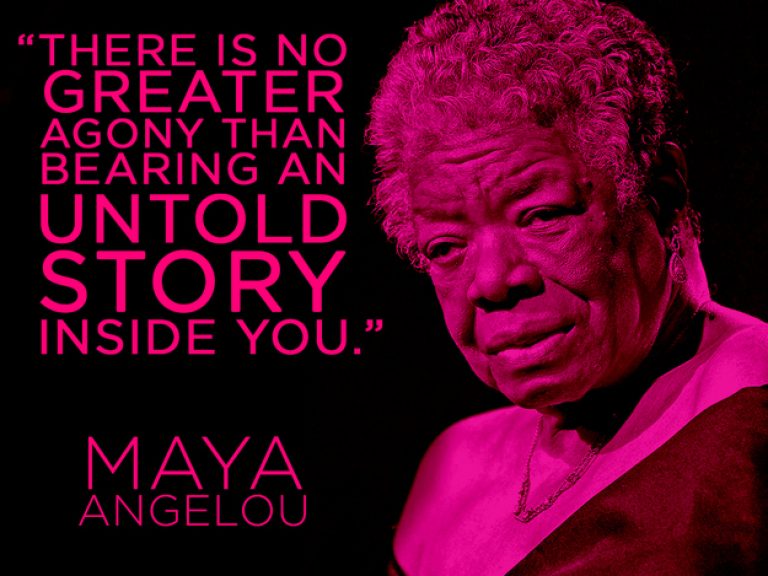At the end of the English Department’s Big Day In for creative writing about the Area of Study – Discovery, we asked our Year 12 students to record their “take-aways” from the event.
I was heartened by this take away from a student who said: Imaginative writing isn’t a talent, it’s a skill – practice makes perfect! As English teachers we always try to dispel the myth that good writing is born fully formed or that there are some students who can write and others who can’t. Instead we hope that our students understand that the craft of a writer can be learned and improved upon over time. We want all our Year 12 students to feel empowered to experiment with the skills they have learned as they draft and re-draft their stories.
The guest speaker was really good as he helped me to develop strategies for creative writing. The idea of writing short scenarios about what our story would be about and then writing a line about what it explores about discovery I think would be really good. I’d like to get feedback from teachers on this rather than the full story for two reasons:
1. It is much more manageable than constantly writing full creative stories and handing them into teachers as I don’t think I would be able to produce many full stories throughout the year for feedback
2. It makes sure that what I am writing actually has something to do with discovery.
One of the most powerful things about listening to what our students have to say about their learning is that they inspire their teachers to try something different. This student’s idea is definitely worth trying with my class this year as they prepare for the HSC. The process of distilling a story idea into a short scenario and capturing the idea about discovery in a sentence will help students develop more conceptually focused stories which they can adapt more flexibly come exam time.
Another of the take-aways that made me smile was this: I learnt various things today which challenge my original mindset and thinking. In one workshop I learnt that ‘Less is more’ meaning that filling up creative writing with adjectives, verbs and adverbs left, right and centre won’t give me a high mark. Instead it’s more about addressing the question correctly and choosing SMART adjectives, verbs and adjectives which are different and interesting and not clichéd. It’s great to see our students making connections between the workshops and their own process of writing. If our students can reflect on their skills as a writer and we can challenge their habits and assumptions about the writing process, it will lead to better compositions in the end. That was one of the aims of our Big Day In.
Ms Elizabeth Phipps



